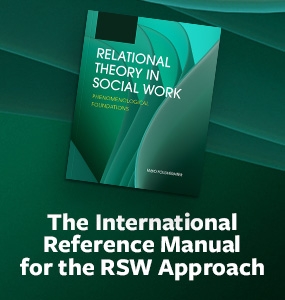An «Interview» with Juvenile Court's case files. A quantitative research on Italian foster care
Camilla Landi
Foster care is a complex intervention in child protection, and for social workers and Juvenile Courts it is difficult to foresee its outcomes. Despite its thirty-year history, in the Italian social context, foster care is challenging, not only for social workers and the Court that makes the decision, but for the children and their birth and foster families too. This paper is a presentation of a quantitative research on fostering placements decided by the Juvenile Court of Milan, Italy. The aim of this research is to describe foster care placements determined by the Juvenile Court of Milan from 2010 to 2014. Documentary analysis is the chosen study approach. The research focused on the analysis of Juvenile Court’s case files. The researcher was interested in social workers’ reports, Juvenile Court’s documents and hearing minutes. Information about fostering placements was collected by means of a questionnaire. The sample consists of 308 children, placed in foster care by the Juvenile Court. The data collected were analysed considering the factors for a good foster care placement identified through the literature review. This study offers an overview of social work practices in the Italian foster care system. The results of the study encourage reflections on aspects of child protection deemed important by social workers and other people involved in this crucial care experience.
Keywords
Foster care – child protection – documentary analysis – participation – social work practices




